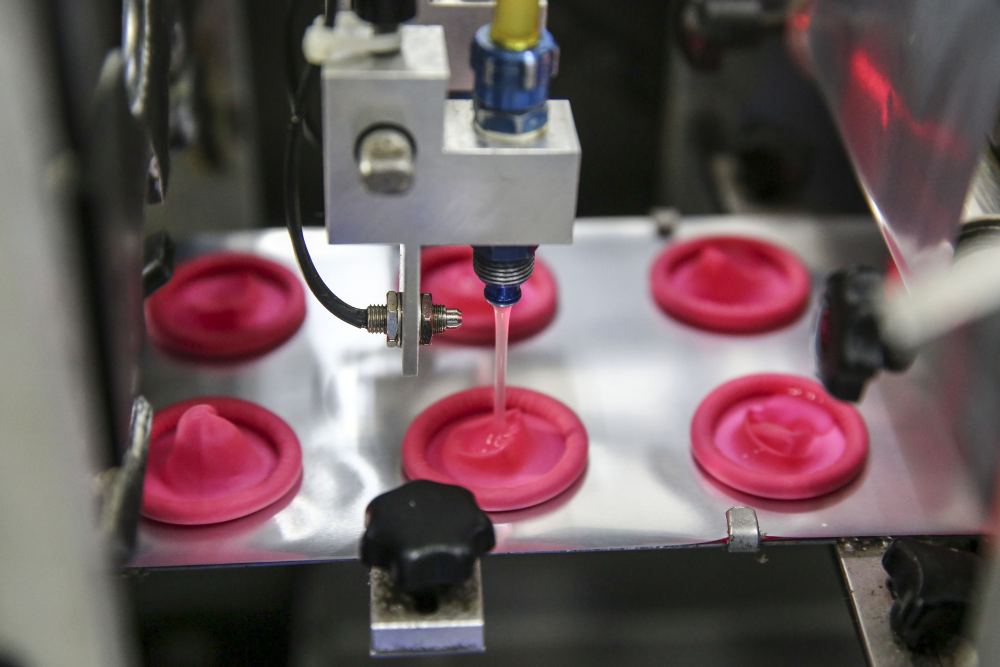KUALA LUMPUR, Oct 31 — The start of the movement control order (MCO) in March to combat the Covid-19 pandemic has resulted in seven-fold sales for one of the country's major condom manufacturer companies.
Channel News Asia reported condom manufacturer Karex's chief executive officer Goh Miah Kiat as saying the demand for condoms at brick-and-mortar shops experienced a drop when the MCO was implemented since it restricted people's movements, but it has since recovered and is gradually increasing.
“A lot more people are engaging in bedroom activity because there is nothing else to do and you do not get out. And I guess it is also a time when I do not think you would want to have a baby, especially if you are a young couple, because it is so unpredictable at the moment,” he said in an interview.
The company was founded in Klang in 1988, and has since gone on to become one of the world's biggest producers of contraceptives, manufacturing over five billion condoms annually.
“We have seen over 600 per cent increase online on our e-commerce channels. We are starting to see a trend that is moving from offline to online,” Goh said.
Prior to the MCO, Karex's online sales for its house brand products was much smaller in comparison to physical sales, acting more as a presence for the brand. Due to the increase in online demand, the company has also boosted its online marketing team.
On average Karex's flagship stores on Shopee and Lazada could see sales of RM7,000 monthly, which rose to RM50,000 since the MCO began. However he said the sale of condoms via traditional retail channels is still higher compared to its online counterpart.
Nonetheless the closure of borders due to Covid-19 has also affected Karex's production and supply. Goh said when the MCO began on March 18, three of their factories in Port Klang and Johor were forced to shut down for 10 days, which reportedly led to a shortfall of 100 million condoms.
It also faced difficulties in bringing in raw materials including liquid latex from southern Thailand, until its suppliers' special permits were approved. Similarly printers for the condom packaging were also forced to close as they were not deemed to be essential services.
As a result Karex's factories ran at half-capacity in April, before production resumed as normal. With the subsequently easing of movement restrictions, disruptions have been ironed out, Goh said.
“The easing of movement restrictions has ironed out disruptions, but it also means having to deal with a backlog of orders that everyone is chasing,” he said.



















